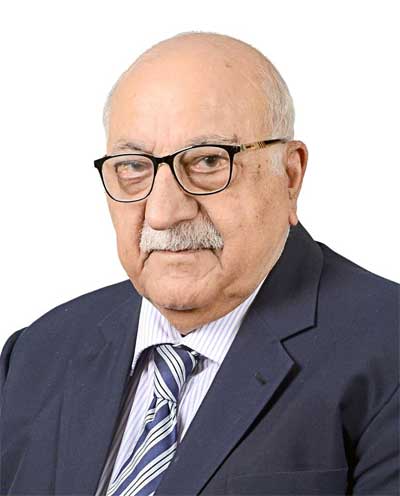On a certain level, a teaching credential is about instructors becoming more qualified professionals. It’s also for the pupils, but on a deeper level. It demonstrates a culture’s interest in the full development of its next generation. The Sindh government reaffirmed its commitment to both the advancement of teachers and the protection of children when it passed a teaching licensing policy on May 25, 2023.
Therefore, educators will be able to earn certifications attesting that they meet the standards for knowledge, skill, and character necessary to be trusted with students’ intellectual, moral, and emotional growth. Every five years, licensees must re-certify by passing an exam. Teachers who will be hired in the near future are the first target audience for this certification. Current public and private school teachers are not required to apply, but are welcome to do so if they so choose.
The Latin term from which we get the word ‘licensing’, ‘licentiate,’ can indicate anything from permission to do something to a departure from what is legal. In the context of the teaching license, we are primarily concerned with the first definition.
Driving, possessing firearms, practicing medicine, giving financial advice, and constructing buildings are just some examples of activities that require a valid permit. It only takes a second of thought to realize that these methods involve an imbalance of power that can have devastating effects on the weak.
Those with access to weapons or motorized transportation have an unfair advantage over those who do not. The patient comes to the doctor in a vulnerable situation, but the doctor’s knowledge of the body and medicine gives her the upper hand. She can either heal or kill at will. If in the hands of an unqualified physician, these tools could cause serious injury to the vulnerable. In all of these situations, power, responsibility, and vulnerability all play a role.
A child’s potential can either be fostered or destroyed by their instructor.
The power dynamic is also present in the classroom. Children are impressionable because they are physically and mentally weaker and more reliant on their teachers for guidance than the teachers are on their students. A teacher has the power to either foster a child’s innate abilities or destroy them, to either foster independence or brainwashing of the mind. The student is defenseless against the authority of the instructor. Shouldn’t we insist that this potential educator has the training, experience, and outlook that will benefit, rather than hurt, their students?
A teacher’s duties extend beyond the classroom into the spheres of her students’ minds and hearts. Each child is an individual with his or her own learning style, speed, emotional and other needs. It’s not a simple task to be responsible for meeting the needs of such a wide range of people and nurturing them. While some educators are naturally brilliant, most will need training to effectively engage their students.
Teachers need expertise in the material they teach, expertise in assessing students’ knowledge and growth, expertise in managing classrooms, and the ability to counsel students in need. They are under more pressure than ever to ensure the emotional well-being of kids and shape them into contributing adults.
Instruction combines both art and science. If properly granted, a teaching license is a guarantee that a teacher with whom we entrust our children has the qualifications to do the job. Given that in our society, formal teacher training is not always a prerequisite for entering the field, this is especially crucial. Therefore, a teaching license is also a call to elevate the teaching profession and establish baselines for skill and knowledge.
In the end, a license comes down to a responsibility to look out for the weaker party. Therefore, teachers are granted credentials in order to ensure their safety and well-being. It’s been claimed that if a flower can’t blossom, it’s because of something in its surrounding surroundings rather than the flower itself. Obtaining teaching licenses is a step in the right direction if we want to improve our children’s academic performance. When a parent sees a teacher’s license, she knows her child is in good hands. Just think about how this would affect society as a whole.
We analyzed two ads, one for a driver and one for a teacher, the other day. Knowledge, experience, personality attributes, and a valid driver’s license were all necessities for the job. The job required little of the candidate other than a bachelor’s degree, teaching experience, and acceptance of a pay just above the federal poverty line. It looked like we valued vehicles more than kids. That might change if I get my teaching license.
Teaching licenses




